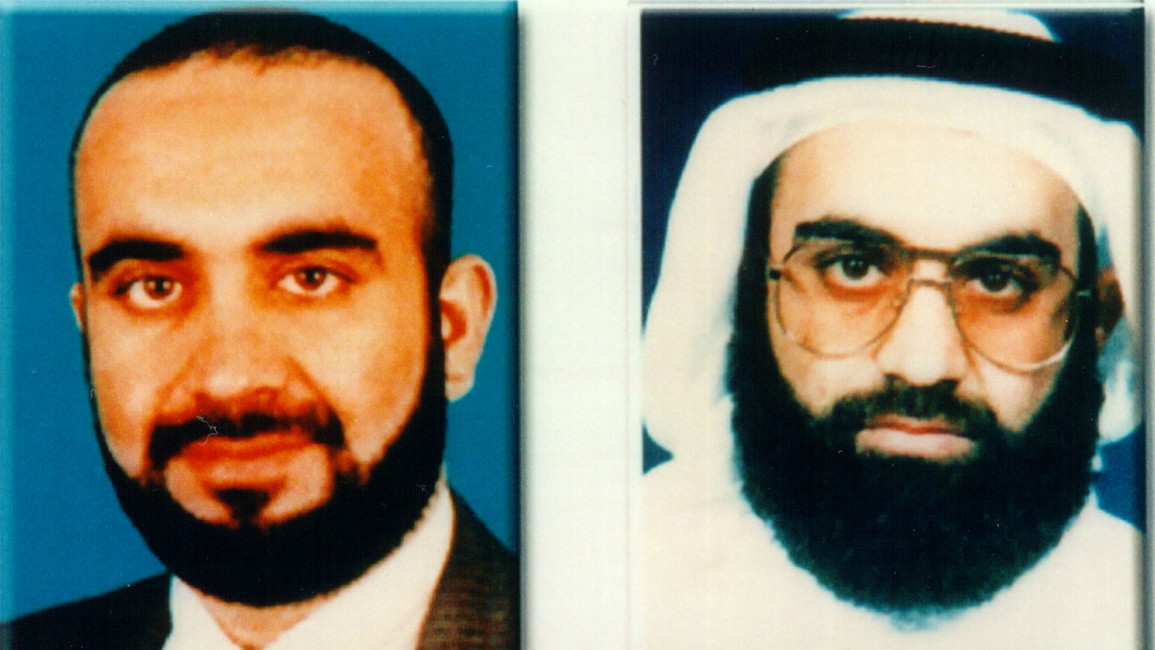Alleged 9/11 mastermind 'could aid victims against Saudi Arabia' in return for revoking death penalty
The alleged mastermind of the 9/11 attacks may agree to help the victims open a lawsuit against Saudi Arabia if the US spares him the death penalty.
Khalid Sheikh Mohammed's offer was revealed on Friday during the victims' federal lawsuit accusing the Saudi government of organising the deadly terrorist attacks.
Saudi Arabia has long denied involvement in the attacks, in which hijacked airplanes crashed into New York's World Trade Center, the Pentagon outside Washington, D.C., and a Pennsylvania field.
Nearly 3,000 people died.
Lawyers for the victims had filed requests to speak to three of the five suspects held in Guantanamo Bay about the atrocities.
A lawyer for Mohammed said that "[i]n the absence of a potential death sentence much broader cooperation would be possible," according to the filing, the Wall Street Journal reported.
"I think [Mohammed] feels ready and willing" to assist the September 11 victims' lawsuit, "but I think he feels he needs to get through" the issue of the death penalty first, lawyer Alka Pradhan said.
Mohammed was captured by the CIA and Pakistani intelligence services on March 1, 2003, in Rawalpindi, Pakistan.
In 2006 he was taken to the Guantanamo Bay prison camp in Cuba, where he confessed to masterminding the 9/11 attacks and a string of other terrorist plots, including the Bali nightclub bombing and the murder of US journalist Daniel Pearl.
In late September 2016, US Congress passed the Justice Against Sponsors of Terrorism Act (JASTA), allowing survivors and relatives of victims of "terrorism" to sue foreign governments.



